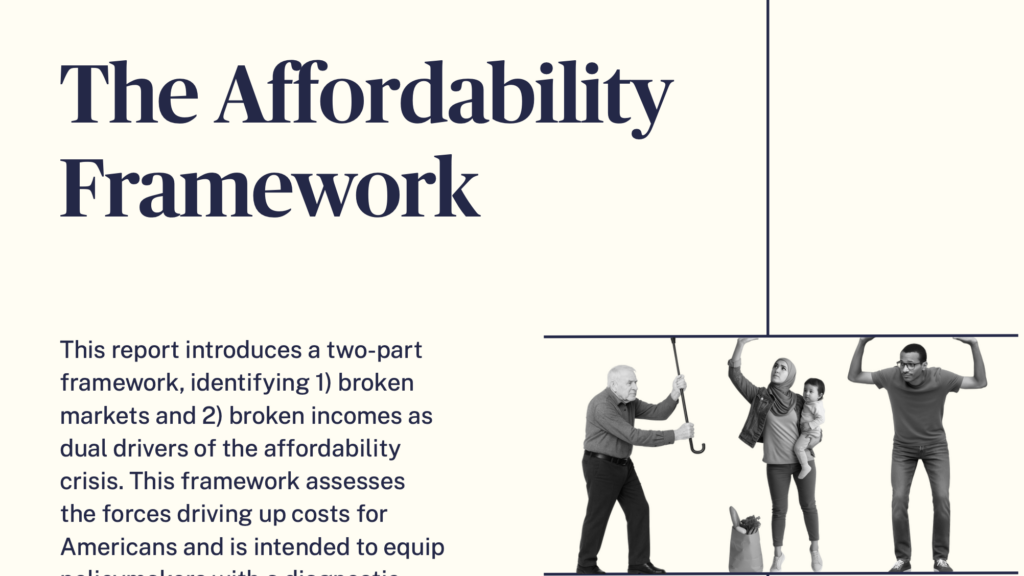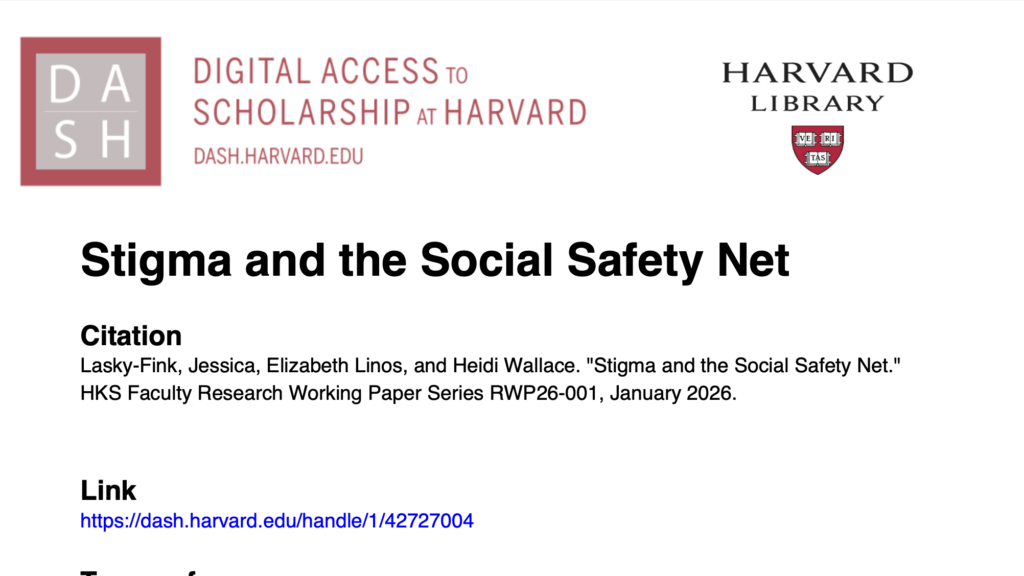Coordinating SNAP and Nutrition Supports to Reduce Child Hunger; North Carolina: Meeting Families Where They Are
A case study on how North Carolina leveraged human-centered design, interagency collaboration, and data-sharing strategies to improve cross-enrollment in SNAP, WIC, and Medicaid, aiming to reduce administrative burden and better serve families.

North Carolina’s efforts to improve cross-enrollment in SNAP, WIC, and Medicaid by applying human-centered design, building interagency partnerships, and using data to identify gaps in access.
The team prioritized reducing administrative burden and meeting families where they are—both physically and experientially—through outreach in trusted community locations, simplified enrollment materials, and improved frontline staff coordination. It also discusses lessons learned around trust, resource constraints, and the importance of cultural responsiveness, offering a replicable model for other states seeking to streamline benefits delivery and increase uptake.
Share this Resource:


